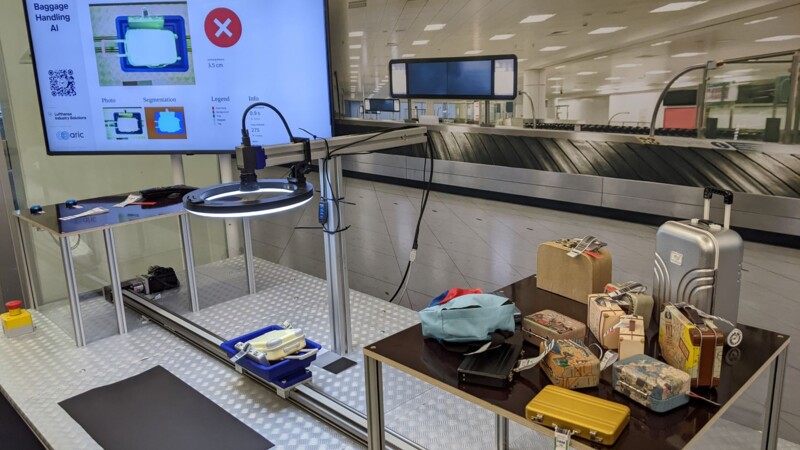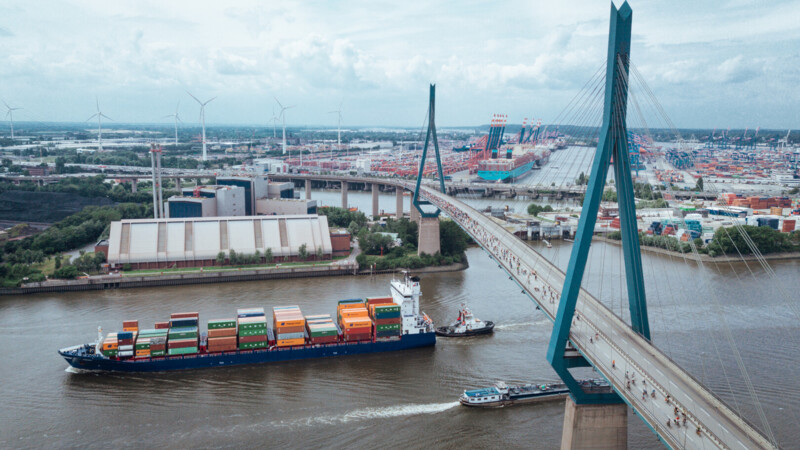The increase was particularly pronounced in the services sector. Following the decline in 2020, GDP grew by a nominal 8.2 per cent while real economic output rose by 2.7 per cent. The increase in the manufacturing sector was comparatively lower with nominal GDP up 1.1 per cent on the previous year. Real economic output fell slightly by 1.2 per cent.
Hamburg's economy is gradually recovering from the pandemic and recently-published figures for 2021 indicate a 7.5 per cent increase in gross domestic product (GDP) over 2020, the Statistics Office North said in late March. That results in a 2.0 per cent rise in economic output when price changes are taken account.
Greater demand for services
New challenges and opportunities
Despite the encouraging figures, parts of the economy including aviation, shipping and the hospitality sector are still suffering from the repercussions of the pandemic, according to Michael Westhagemann, Senator for Economics. Hamburg must prepare for the economic consequences of the war in Ukraine and the crisis in the energy and raw materials markets. "However, there are also great opportunities for Hamburg as a business location in terms of diversifying Germany's energy imports, be it in LNG or especially developing a green hydrogen sector," Westhagemann added. The city can rely on its broad industrial footing and the Port of Hamburg's experience at handling energy carriers.
tn/sb/pb
Sources and further information
More
Similar articles

Smoother airport operations thanks to artificial intelligence

Record trade between Austria and Port of Hamburg

Energy imports - Hamburg to become decarbonising hub
